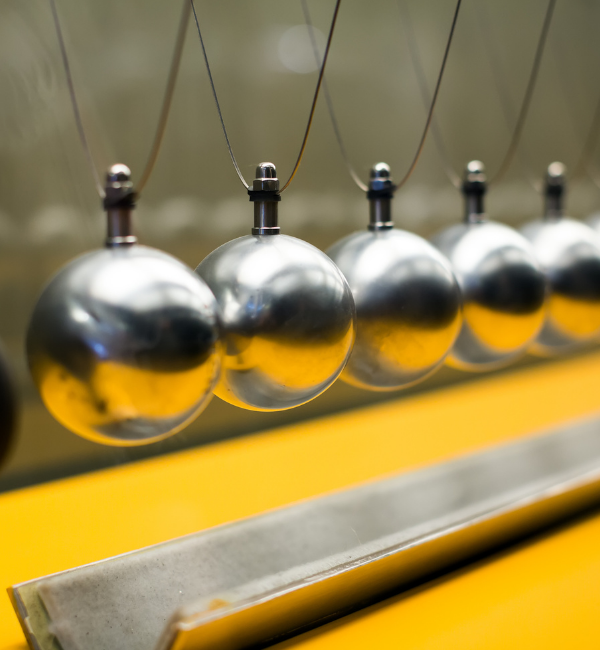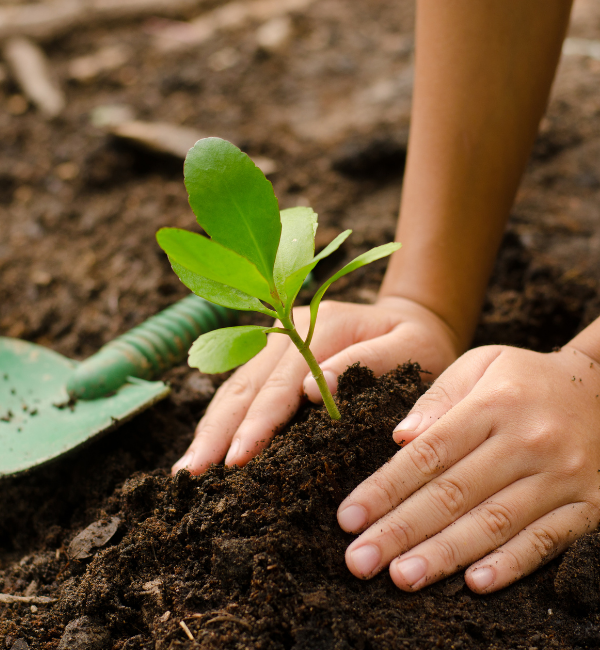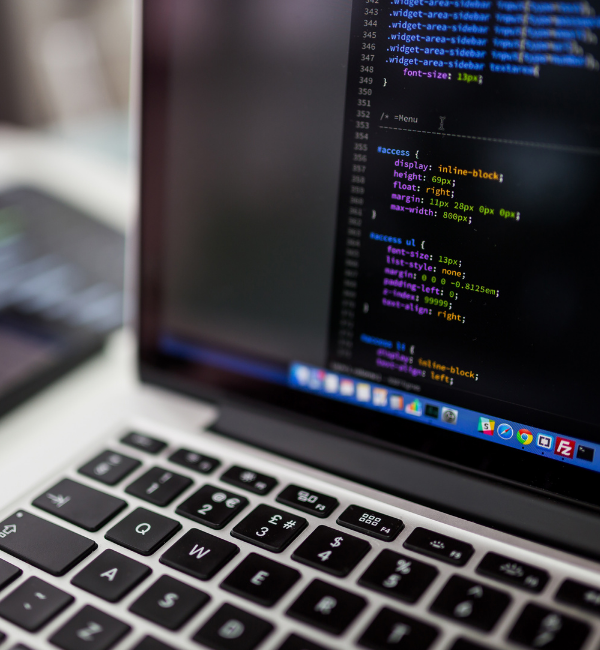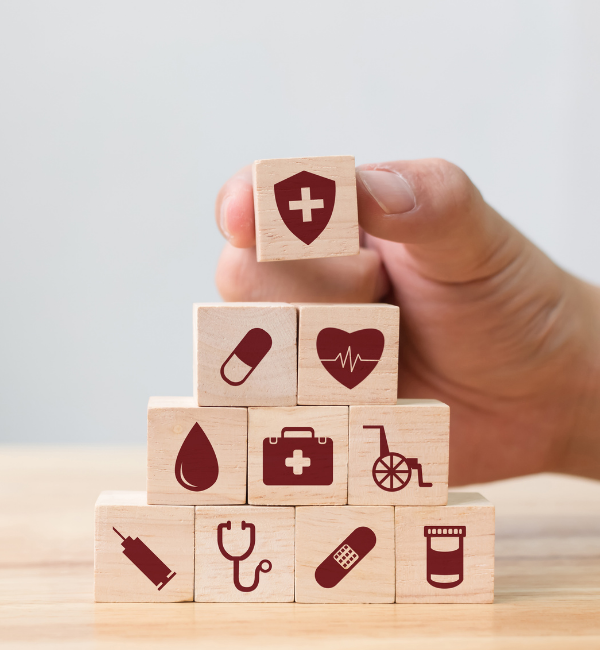
Nuclear Energy Roleplay
Participants learn about nuclear energy by role-playing the pathway in a CANDU (Canadian Deuterium-Uranium) nuclear reactor.

STEM Storytime - The Chain Reaction
Participants will create their own chain reaction using everyday items and learn how energy is created in a nuclear power plant.

Microplastics Challenge
Participants will learn about synthetic fibers, participate in a microplastics challenge and explore ways to reduce microplastic pollution.

Dirt Detectives
Soil is an essential source of life and nutrients for many living things!

Can you design icons for different screens?
Acting as a “graphic designer” for a new, 2D video game, learners create icons or characters through pixel art. By designing the same icon or character in two different sizes, learners ensure the “game” can be played on phones (simplified images for smaller screens) and/or desktop computers (larger images for bigger screens).

Coding Club
Learners explore some foundational computer programming concepts and develop computational thinks skills by participating in three weeks of hands-on coding activities, via Scratch, for one-hour sessions, where each session builds off the previous session.

Python Coding Club
Learners build off the skills they developed in the (Scratch) Coding Club, developed by McGill University, and further expand some foundational computer programming concepts and further develop computational thinking skills.

Cancer Fact or Fiction
How can we tell what is cancer fact versus fiction? Learn how to critically evaluate online sources for credible information on cancer research topics while understanding the importance of research translation across the internet.

Binary Basics
Welcome to the science behind computer communication! Learners will explore the basics of binary, learn how to count in binary and how binary is used to encode different kinds of information in computers, through a variety of activities.

Code a Drum in Scratch
Learners develop decomposition skills and learn about sequences and repetition by using Scratch to code a drumming sequence.

Code and Go Mice
Welcome to the science of computational thinking! In this workshop, students learn how to code using a Code and Go Robot Mouse which can be programmed with travel directions to navigate through mazes.

Code and Go Mice - Community Event
The goal of this activity is for students to program a mouse to get from the starting position to the cheese wedges without going on squares occupied by cats or mouse traps.

Graph Paper Programming
Students use computational thinking skills and global competencies to create a series of instructions describing how to draw a graph paper design.

Code Shapes in Scratch
Learners develop decomposition, pattern recognition and algorithmic thinking by using their knowledge of simple geometric figures to code shapes in Scratch.